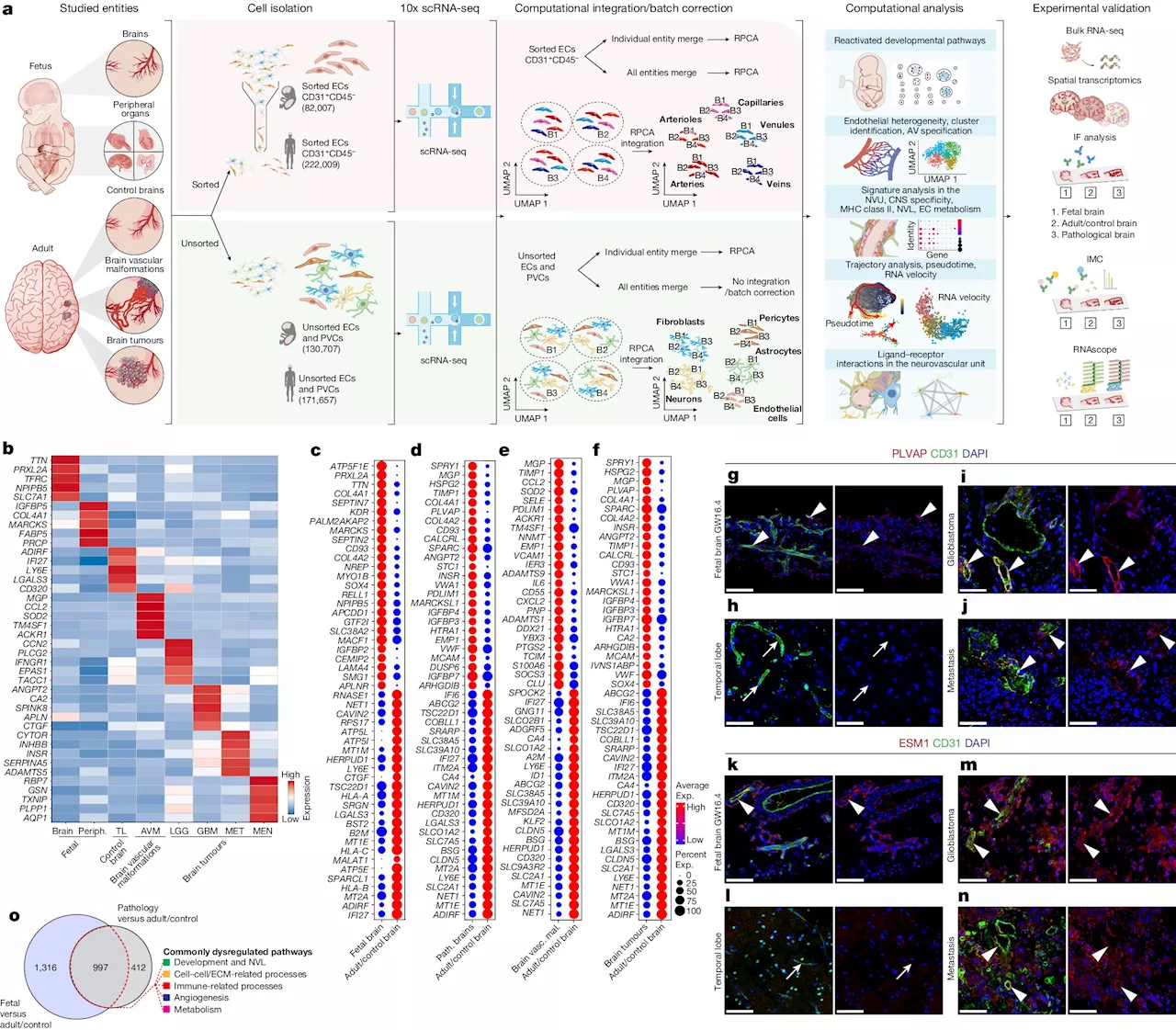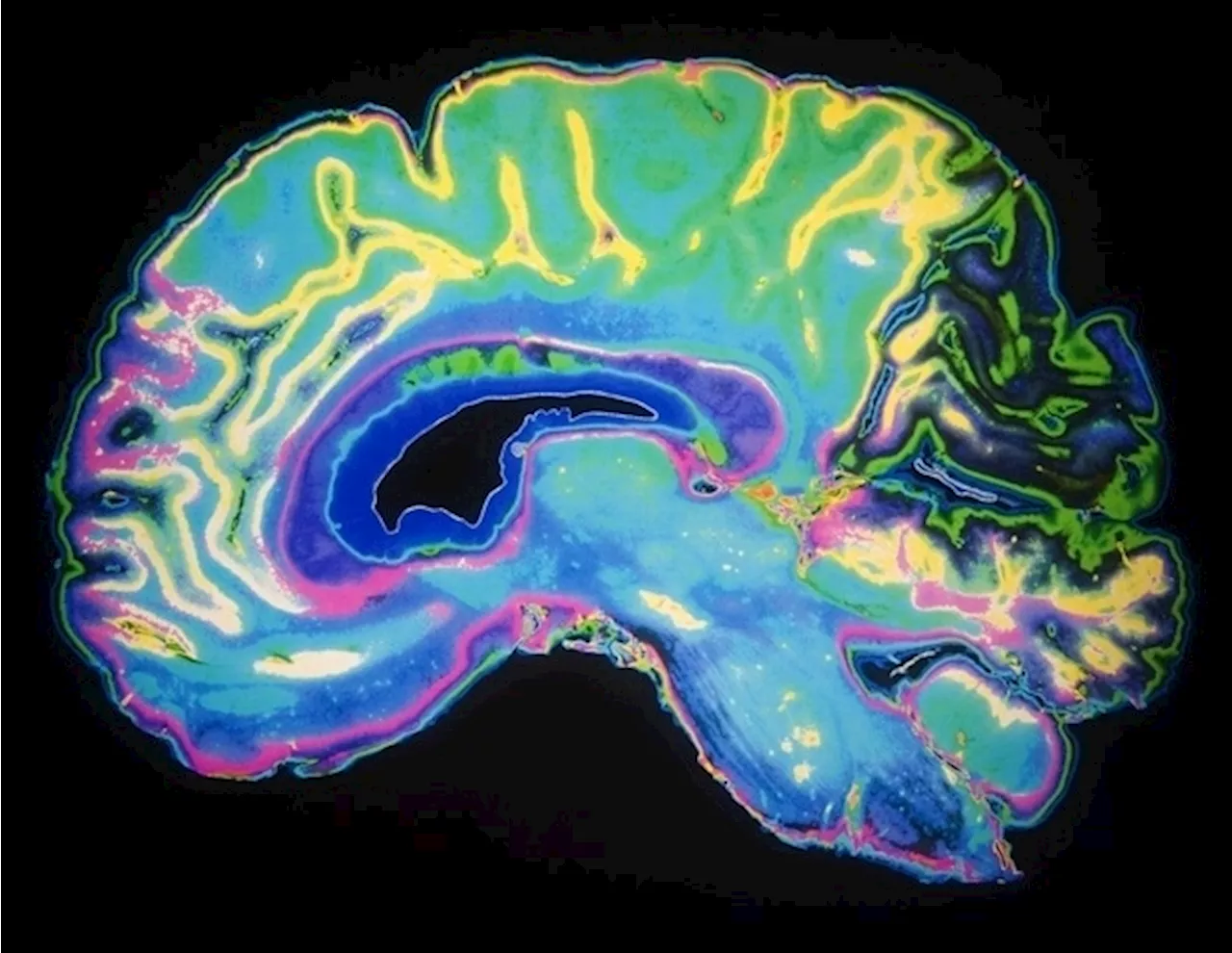Researchers found the more mental effort people put into a task, the more distressing emotions were reported - and that was the case across all types of people
New research indicates that exerting additional mental effort on tasks can lead to increased stress, frustration, or anger. The American Psychological Association released a study showing that as people put more effort into a task, they report higher levels of unpleasant emotions.
The extensive analysis involved 170 studies looking at the link between mental exertion and distressing feelings, considering various occupations, cultural or social groups. However, the findings were consistent: increased effort equated to higher levels of negative emotions across the board, reports Wales Online.
"Our findings show that mental effort feels unpleasant across a wide range of populations and tasks," said Dr Erik Bijleveld, the study's senior author. "This is important for professionals, such as engineers and educators, to keep in mind when designing tasks, tools, interfaces, apps, materials or instructions. When people are required to exert substantial mental effort, you need to make sure to support or reward them for their effort.
Dr Bijleveld noted that although the trend was global, the experience of mental discomfort related to effort was less severe in Asian nations compared to Europe or North America. Despite the apparent downsides, the study noted that individuals often choose to undertake challenging mental activities willingly.
Dr Bijleveld stated: "For example, why do millions of people play chess? People may learn that exerting mental effort in some specific activities is likely to lead to reward. If the benefits of chess outweigh the costs, people may choose to play chess, and even self-report that they enjoy chess. Perhaps people choose mentally effortful activities despite the effort, not because of it."
United Kingdom Latest News, United Kingdom Headlines
Similar News:You can also read news stories similar to this one that we have collected from other news sources.
 This French Salad Is The Only Salad I Can Eat Without Getting BoredI can't stop eating it, thinking about eating it, eating it, thinking about eating it.
This French Salad Is The Only Salad I Can Eat Without Getting BoredI can't stop eating it, thinking about eating it, eating it, thinking about eating it.
Read more »
 Researchers identify cause of serious brain bleeding condition in premature newbornsA recent study by investigators from Massachusetts General Hospital reveals insights that could lead to new treatments for a serious brain bleeding condition that's common in newborns with very low birth weight. The findings are published in Brain.
Researchers identify cause of serious brain bleeding condition in premature newbornsA recent study by investigators from Massachusetts General Hospital reveals insights that could lead to new treatments for a serious brain bleeding condition that's common in newborns with very low birth weight. The findings are published in Brain.
Read more »
 Researchers build first-ever molecular atlas of blood vessel pathways in human brainAn international consortium of researchers led by University Health Network (UHN) in Toronto and University of Zurich have built the first-ever molecular atlas of the human brain vasculature at single-cell resolution, spanning from early development to adulthood and through disease stages such as brain tumors and brain vascular malformations.
Researchers build first-ever molecular atlas of blood vessel pathways in human brainAn international consortium of researchers led by University Health Network (UHN) in Toronto and University of Zurich have built the first-ever molecular atlas of the human brain vasculature at single-cell resolution, spanning from early development to adulthood and through disease stages such as brain tumors and brain vascular malformations.
Read more »
 Researchers identify brain region that tunes hearing to contextual needsHave you ever noticed how you can suddenly hear your refrigerator humming in the background when you focus on it? Or how the sound of your name instantly catches your attention even in a noisy crowd?
Researchers identify brain region that tunes hearing to contextual needsHave you ever noticed how you can suddenly hear your refrigerator humming in the background when you focus on it? Or how the sound of your name instantly catches your attention even in a noisy crowd?
Read more »
 Researchers identify neurons in a small brain region that delay feeding initiationDo you grab a fork and take a first bite of cake, or say no and walk away? Our motivation to eat is driven by a complex web of cells in the brain that use signals from within the body, as well as sensory information about the food in front of us, to determine our behaviors.
Researchers identify neurons in a small brain region that delay feeding initiationDo you grab a fork and take a first bite of cake, or say no and walk away? Our motivation to eat is driven by a complex web of cells in the brain that use signals from within the body, as well as sensory information about the food in front of us, to determine our behaviors.
Read more »
 Researchers identify the 'broken gate' causing unstoppable brain signals in severe childhood epilepsyFlorey researchers have discovered how a rare genetic mutation breaks a molecular 'gate,' causing the severely disabling developmental and epileptic encephalopathy (DEE) in infants.
Researchers identify the 'broken gate' causing unstoppable brain signals in severe childhood epilepsyFlorey researchers have discovered how a rare genetic mutation breaks a molecular 'gate,' causing the severely disabling developmental and epileptic encephalopathy (DEE) in infants.
Read more »
